
Stopping Support for Internet Explorer 8 on Windows XP in RIPE Atlas and RIPEstat
• 2 min read
Microsoft ended support for Windows XP as of April 2014. We're about to change RIPE Atlas and RIPEstat to stop support for Internet Explorer 8 running on these systems.

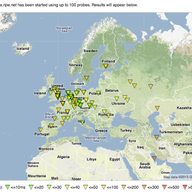
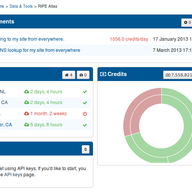
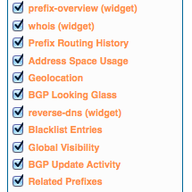
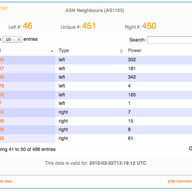
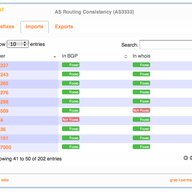
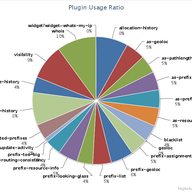

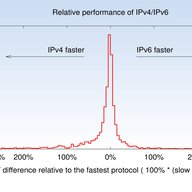

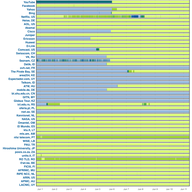

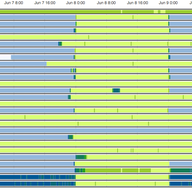
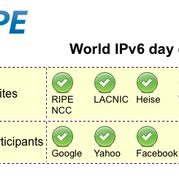
Hi Jasper, since you show interest in this area, you could check out Judy Arrays (http://judy.sourceforge.net/) for a "space horse" I guess :-)
“UX troubles I've encountered using Firefox on MacOS Catalina 10.15.7: - Without setting my browser to use the full screen, I can't set up a new measurement, as the OK button for confirming probe selection is outside the viewport, and horizontal scrolling seems not to be available. - In the "Mine" tab on the "Measurements" screen, two measurements are listed, as expected, but also the confusing message, "You do not have any measurements listed here. If you've never created a measurement of your own, create one now".”
Thank you for reporting these, we'll investigate / fix!
I wonder if the specific (and strange) amount of exactly 11 packets per target is a result of an off-by-one error, such as a "for( i=0; i<=10; i++ ) {}" loop? I think we can only speculate...
One interesting development: the city of Amsterdam, as part of the plan to go carbon neutral and detach from the gas network, is starting to experiment with using the waste heat produced in the "Science Park" (an area that has large datacenters such as Equinix's). This is planned to be used to provide heating and warm water for the surrounding neighbourhood(s). It's not easy to pull off but it's certainly an interesting approach!
“If you maintain source packages anyway, it might be worth to consider e.g. https://build.opensuse.org to provide corresponding binaries (and kind-of CI).”
Looks interesting, we'll check it out! In the meantime you can consider joining our sw probe mailing list: https://lists.ripe.net/mailman/listinfo/atlas-sw-probes
“Can existing v3 users swap their unit for a v4 probe?”
v4 is functionally the same as v3. There's no reason so swap if the probe is otherwise working.
“What if I have my own NanoPi NEO Plus2, and since you are publishing your firmware, such as https://www-static.ripe.net/static/rnd-ui/atlas/static/page/fw/ripe-atlas-fw-4790.tar.gz , can I make it work as a new probe? Is there a simple manual how to install Probe software to the Nanopi?”
While it is possible that you can replicate the steps we do when producing these probes, the amount of work we'd have to do to accommodate this would make this an expensive exercise. It is likely a better solution to join the software probe effort when it's available and use your hardware to deploy it on.
“is there any update on ipv6 support on this new generation”
As with earlier RIPE Atlas probes, the v4 probes also do IPv6. They support RAs and RDNSS out of the box, except DHCPv6. They can also be statically configured.
“With this being a simple Pi-style SBC, what's to stop someone from simply taking the probe, popping in a MicroSD card, and wiping/repurposing it for whatever? With the TP-Link models this was hard because it was reflashed firmware and the device itself wasn't very powerful or useful on its own, but it seems that with these the potential for hardware hijacking is both easier to do and more rewarding.”
We chose this device in particular because it has on-board storage as opposed to a traditional Pi where one could indeed just swap out the SD card. Although this doesn't completely rule out the possibility that some might choose to repurpose the new probes, this has always been a limitation with relying on hardware devices (one of the reasons we're keen to develop software probes). With this in mind, we take care to monitor probe activation rates in case of any drop off. So far, the v4 probes are being activated as expected.
“Please tell me that this new version supports PoE ?”
No, it does not have PoE support. We recommend using a PoE splitter in case this is an issue.
Showing 15 comment(s)